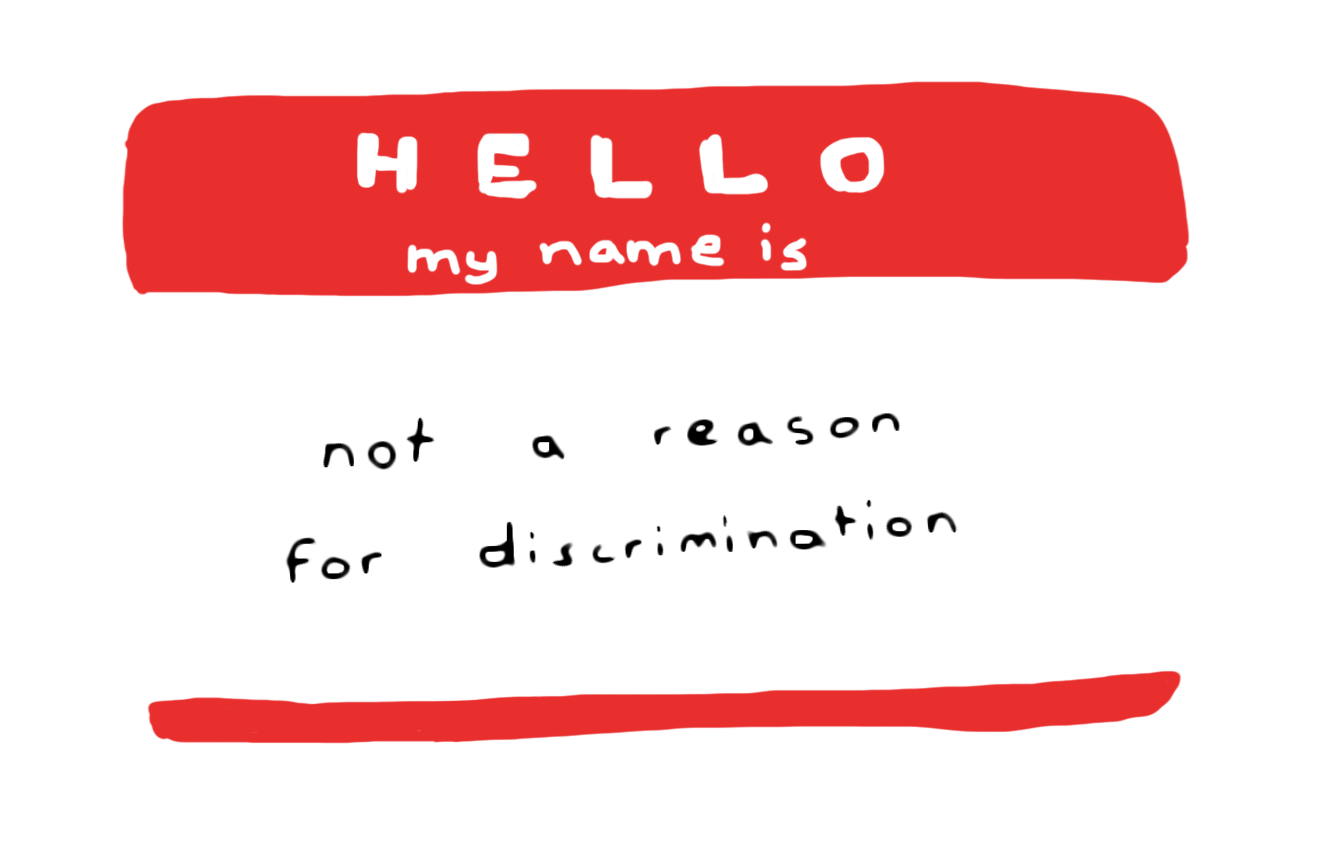One Concordia’s student experience with microaggressions related to her “ethnic” name
Last year, my roommate invited me to go back home with her to Vermont for the weekend.
As a Canadian citizen, I did not expect any problems at the border. When we got there, the border patrol agent took our passports in order to identify us. The officer breezed through my roommate’s passport. He read her Western name aloud, calmly. With my passport in his hand, he paused. His demeanour changed.
It is important to note that, although I identify with the name Jenny, my legal name is Jihan. Ironically, Jenny is not a nickname to appeal to western preferences. My mother and father had differing ideas of what they wanted to name me, so they compromised. One would be my legal name and one would be the name they would call me. Thus, although I have a traditional eastern name as well as a traditional western name, I did not choose either nor did I choose which one would I would identify with.
The agent looked at the name on my passport with what I can only describe as a hybrid look of disgust and frustration. Finally, he looked at me and asked, “What’s your name?” as if he would not even allow himself to say it aloud. Sheepishly, I replied “Jihan… sorry.” He gave me one last look of distaste and stamped my passport.
As we drove off, my roommate was incredulous. She couldn’t believe how rude the agent had been, but she also couldn’t believe I had apologized.
Apologizing for my own name to that agent was the result of 21 years worth of microaggressions that I have had to silently endure as a minority raised in Canada.
That instance of discrimination was not the first, nor would it be the last. My name would go on to cause more unpleasant reactions from people attempting to pronounce it.
When I was younger, I hated when a substitute teacher would come to class because I knew what would happen during attendance. This stranger would do what every other stranger did to my name: they would stumble on it and proceed to get frustrated or embarrassed.
To be clear, I don’t believe the problem lies in the mispronunciation of my name or any other non-Western name. The problem occurs when my name is perceived as an inconvenience to those unfamiliar with it.
In my experience, this feeling of inconvenience usually leads to a feeling of aversion.
It is in every face that is scrunched up, not in confusion but in frustration. It is in every careless pronunciation of a name, butchered, with no apology. It is in every shortening or changing of a non-Western name to make it sound more Western. For example, some people legally change their names because it is a commonly accepted fact that it will be easier for minorities to get a job this way.
These are all microaggressions that may not be noticeable to those doing it, but the “othering” that occurs through them has real impacts on the self esteem and self identification of those receiving them.
It is through these types of microaggressions that we see larger, more overt results of discrimination and racial stereotyping such as categorizing typical African American names, and thus the people with those names, as “ghetto”, or traditional Arab names (and people) as “dangerous”.
Unfortunately, this demonstrates that discrimination can occur in far more insidious ways than we actively know about.
Graphic by Thom Bell
